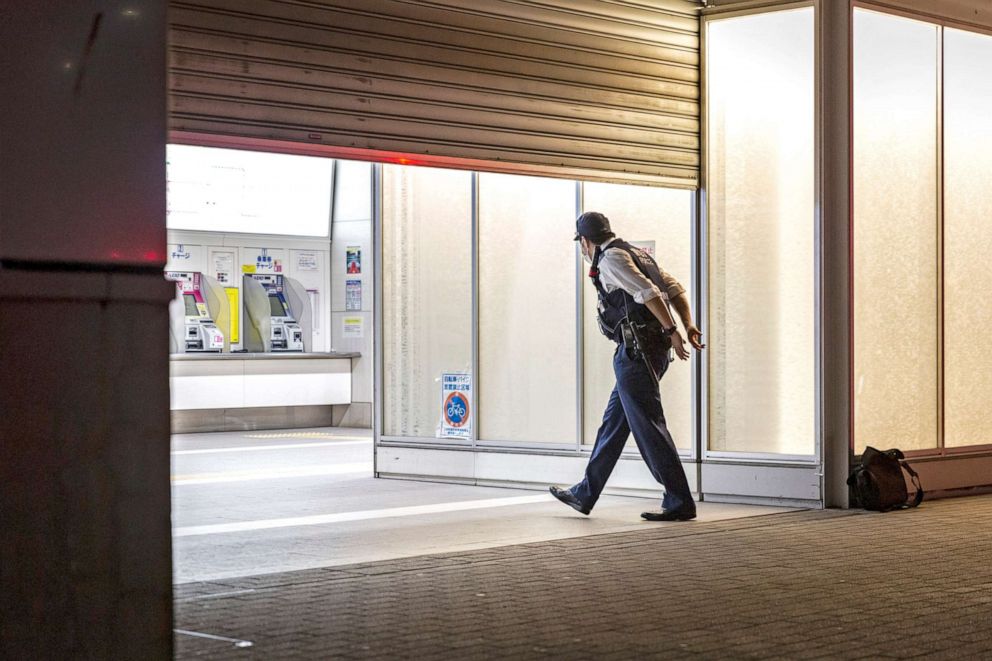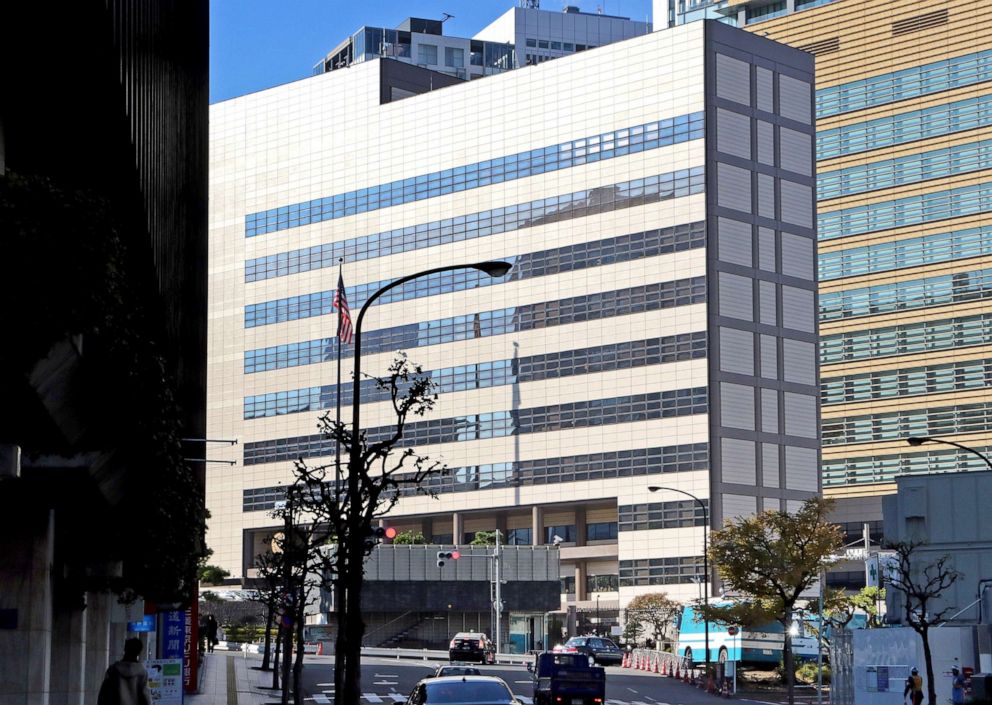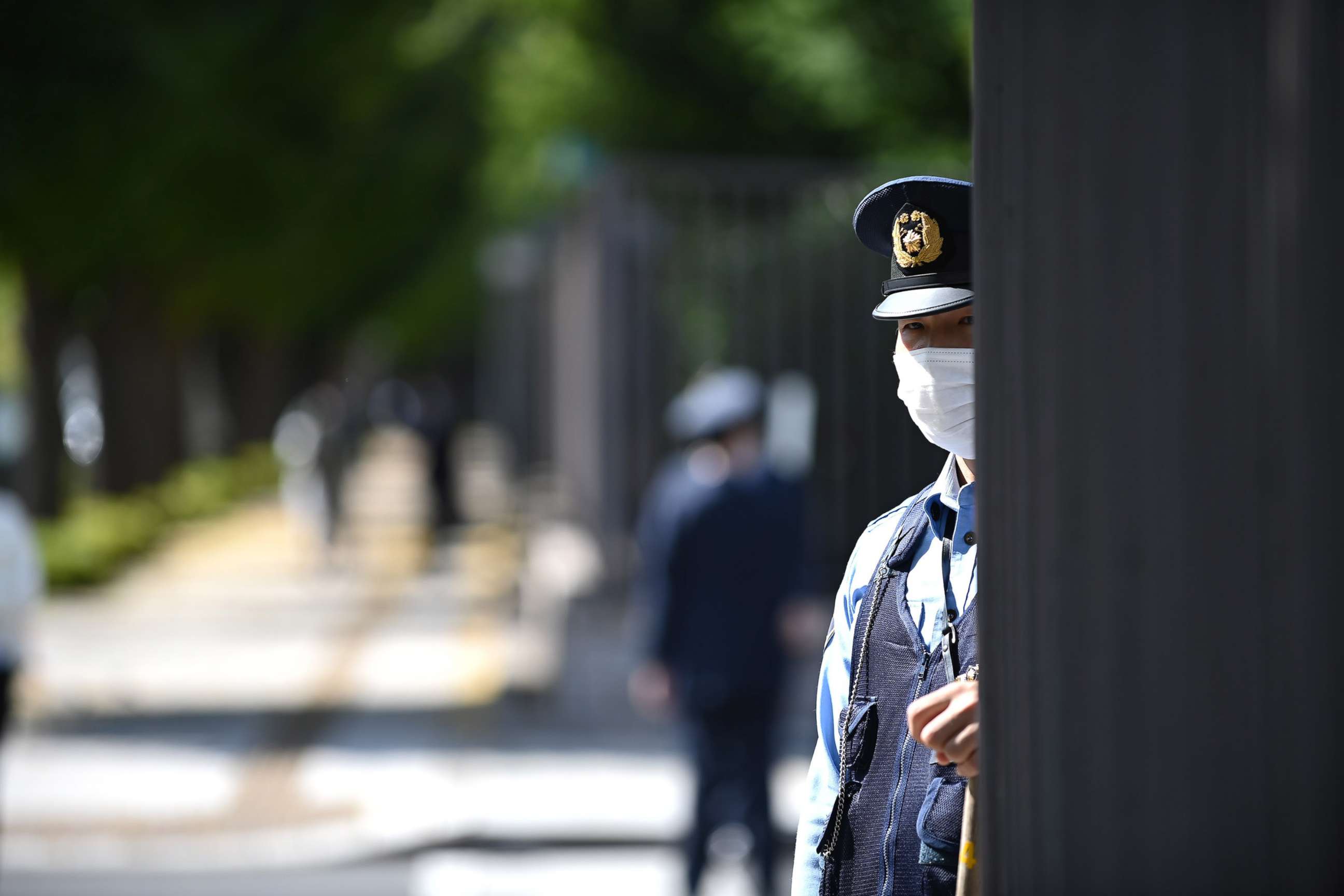US embassy in Tokyo warns foreigners of suspected racial profiling cases involving Japanese police
Police actions are "based on law, not nationality,” a local official said.
TOKYO -- Earlier this month, the U.S. Embassy in Tokyo warned foreigners of an increase in suspected racial profiling cases involving Japanese police.
Non-Japanese people were being stopped and searched by the police, as well as being detained and interrogated under questionable circumstances, the embassy said. “U.S. citizens should carry proof of immigration and request consular notification if detained,” read an alert it posted on Twitter and Facebook.
ABC News has learned that the alert was based on multiple, credible reports of suspected racial profiling of foreigners, including American citizens.

The Japanese government was quick to respond to the warning. The Kishida administration's top spokesman, Hirokazu Matsuno, denied the allegation against Japan’s law enforcement, maintaining that police investigate people when they believe they have committed a crime or have exhibited suspicious behavior.
“Investigations are based on law, not nationality,” the spokesman said.
Accounts of non-Japanese people being singled out by police for questioning and searching are widespread in Japan’s foreign community. Suspects can be held for extended periods of time and many confess to charges, leading to the country’s high conviction rates.
“We have good reason to believe police officers frequently racially profile people of foreign origin,” said Junko Hayashi, an attorney with Partners Law Office in Tokyo. "We need more solid data regarding this issue. Therefore, the Tokyo Bar Association will start a survey on police questioning of people with foreign roots.”
That survey is slated to start on Jan. 11.

Suspects have rights under Japanese law, such as the right to remain silent and have legal counsel, but exercising those rights is a challenge, said Tokyo-based attorney Atsuko Nishiyama.
“You have those rights, but I hesitate in advising people to exercise them. The reason being, when a police officer stops and searches you, they are supposed to do it only when they have grounds to suspect that a crime has been committed or will be committed," Nishiyama said. "If you actually refuse to cooperate with an officer, the police take your refusal in itself as suspicious making you a suspect. This is twisted logic.”

Nishiyama told ABC News that some foreigners who initially didn't cooperate with a search or questioning found the situation escalating -- and the number of police officers around them increasing. She noted that some foreigners in Japan feel obligated to cooperate because they are at risk of being kicked out of the country and losing their livelihood.
“I think the way the police think is fundamentally wrong. Yet, the way that they think is considered normal and acceptable,” Nishiyama said.




